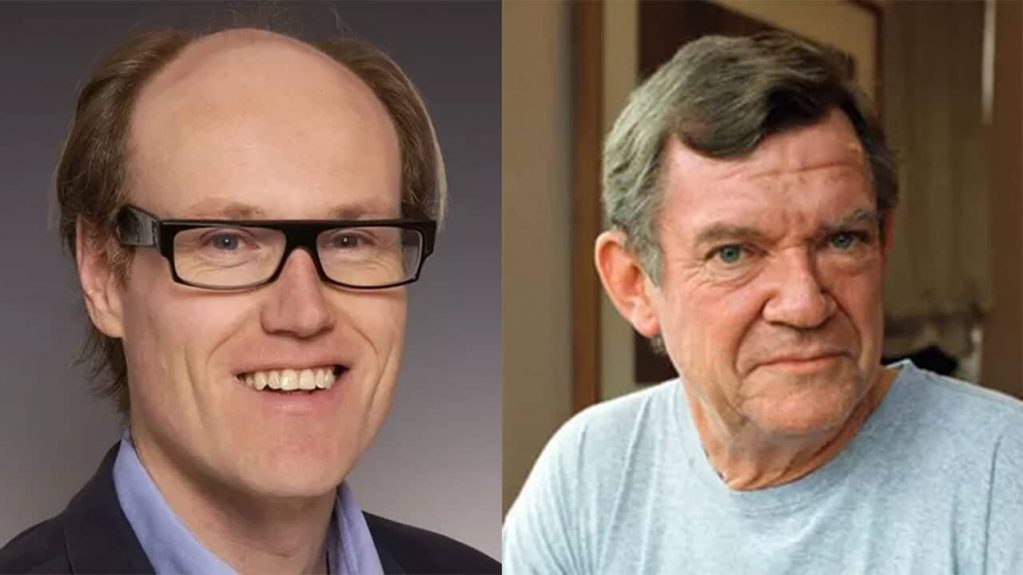When the art critic Robert Hughes died in 2012, someone from the Times turned up on Channel 4 News to sing his praises. The journalist burbled on for a few flailing, hapless minutes and you were left wondering whether she’d actually ever read him.
The great critic’s strength was apparently his, wait for it, ‘accessibility’. Eschewing obscurantist art-speak – the desiccated argot of the art establishment – it seemed Hughes’ critical gifts lay in not being difficult to read.
But who familiar with Hughes’ robust and sinuous prose would ever call it ‘accessible’? It wasn’t. His facility with language was underpinned by a ferocious intellect, and it showed. Acuity and insight made him a tremendously exciting critic, not accessibility. And, in fact, he was hardly ever one to hide his erudition – it glinted off his prose with a seductive, cocksure swagger. It was exactly because his writing didn’t play dumb that it managed to cast a forensic light upon the work. Of course, he despised the language of the academy, art-speak – that mangled derivative of postmodern critical theory which the BBC’s arts editor Will Gompertz railed against last week when the Turner Prize shortlist was announced.
Going on the offensive on the BBC’s website, tweeting his apparent disgust, and then popping up again on the Today programme as he warmed to his subject, Gompertz described as ‘disgraceful’ the art-speak explanations given by the curators. It was ‘meaningless gibberish’, ‘pompous’, ‘arcane’ and ‘incomprehensible’. Picking a couple of examples, which actually weren’t that bad (I’ve read far worse, trust me), Gompertz sternly advised a corrective: that the Tate’s shamed curators go on a ‘plain-speaking’ course, or, one better, lock themselves in a room and read some ‘masters of art writing’. And so, as remedial reading, he suggested, you’ve guessed it, Hughes, along with that other ‘plain-speaking’ fellow John Ruskin.
Now, these two critics have always appeared to me to be the opposite of ‘plain-speaking’, at least in the sense that Gompertz clearly uses the term, to mean plain prose and not simply forthright. And they’re both as far removed as can be from the way Gompertz himself tries to engage the reader. Neither presented a kind of idiot’s guide to ‘difficult’ art, which is as off-putting as any institutional art-speak. Both approaches do a disservice to the work and to the poor reader.
It’s tiresome that institutions, curators and critics (all of whom do different things, incidentally) seem to be perpetually caught between the language of art-speak and a notion of ‘accessibility’ that reduces the work to dullness by dumbed-down writing. And having read and reviewed one of Gompertz’s books, I’m afraid I think I know which end to place him. By deploying his relentlessly ‘accessible’ tone he makes the work seem dreary and toothless – and that’s hardly going to get anyone excited about art. There’s as much fresh insight from this anodyne approach as there is from the obfuscating clumsiness one gets from the curators he attacks.
Clearly, one has to acknowledge that writing is hard. And writing about art can be really hard, so although art-speak should be blasted, I dread the spread of the far more cynical and bland approach of writers like Gompertz. You can write without contorting your prose in ways that make no sense. But don’t believe that patronising pap is any more illuminating.
